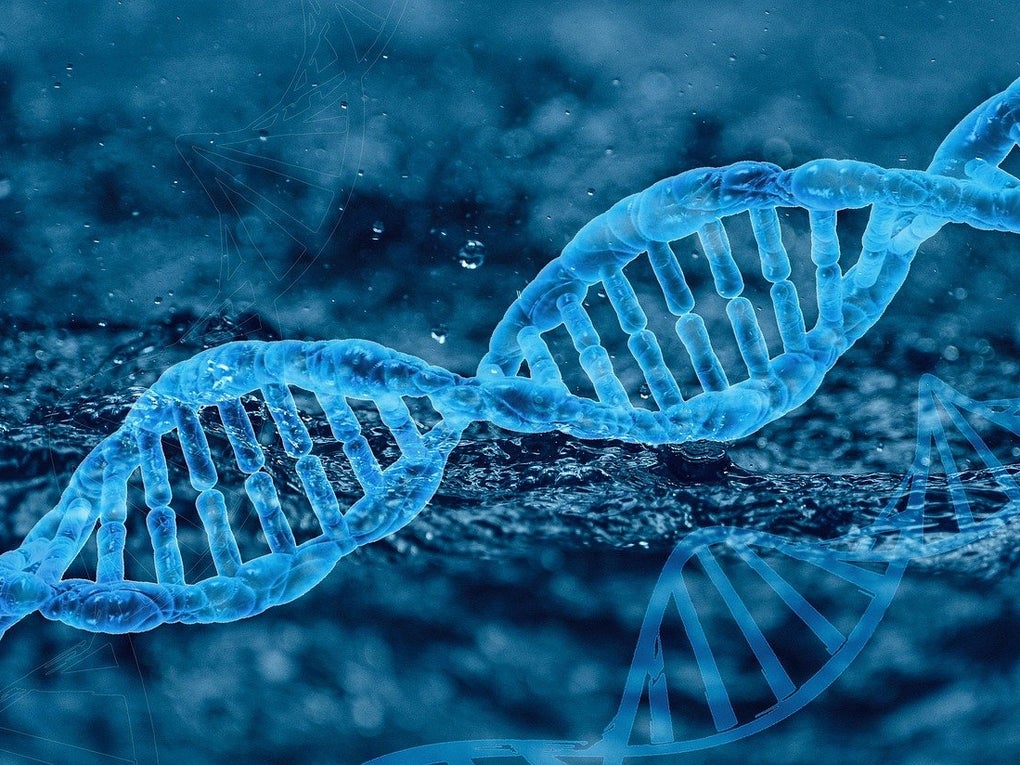
HLA genotyping - relevant not only in donor-patient matching
Allopurinol is traditionally used as a therapeutic agent for gout and hyperuricemia. In Germany alone, it is prescribed around six million times a year. However, it is associated with an increased risk of SCAR (Severe Cutaneous Adverse Reactions) in carriers of HLA B*58:01. The SCAR risk within the carrier group taking the drug is 1.5% per year. Therefore, since the end of 2019, DKMS informs registered potential hematopoietic stem cell (HSC) donors about their allele status if they carry B*58:01.
140,000 HLA-B*58:01 carriers in the DKMS registry
Of the 11 million donors registered with DKMS worldwide, about 140,000 are HLA-B*58:01 carriers. Of these, about 80,000 live in Germany. The prerequisite for informing the carriers is an existing confirmatory typing (CT) or extended typing. A CT request is for example performed when a donor is initially requested by another registry or transplant center. On the one hand, the CT is important to be absolutely sure that the donor is really a carrier of the specific allele, on the other hand, it also updates the consent form and is therefore legally necessary.
It all started with ten donors
A first pilot study was conducted with only ten German allele carriers. A leaflet was prepared explaining everything to the donors and also advising them to inform their attending physician if allopurinol was suggested as a drug. It was then sent out to the respective donors. Later, the feedback from the informed donors was obtained by phone. “At the beginning we were a little bit nervous about how the selected donors would react to our notification - we could not be sure. Fortunately, however, it was well received by all of them,” says Heike Fischer, HLA specialist. All of them had understood the information shared and were very appreciative of it. The way was paved to inform more and more allele carriers.
Already more than 1000 carriers have received the leaflet
"Today, in mid-2021, DKMS has already sent out more than 1,000 leaflets to German donors," says Dr. Philine Bergmann, Business Development Manager of the DKMS Life Science Lab in Dresden, Germany. "It is also very reassuring that there has been no negative feedback so far. Feedback is rather rare and when there is any, it is usually positive or minor questions are asked." Currently, DKMS continues to inform 5-10 people per week about their allele carrier status.
No ethical concerns in the case of allopurinol
Handling the genetic information of individuals is a very responsible task. Knowing certain things that one's genes might reveal about one's health or longevity can be psychologically damaging. Therefore, the "right not to know" must always take precedence. It must be thoroughly checked that it does not apply. Only if the genetic information given has no negative effects on a person can it be passed on - as in the case of allopurinol.
Two alternative drugs can be used instead of allopurinol: febuxostat and probenecid. Both are as effective as allopurinol and do not cause an increased risk of SCAR in allele carriers. In some cases, even dietary changes might be as effective as the drugs themselves.
Additionally, the HLA allele itself is not associated with other adverse medical effects. Therefore, knowing that one is a carrier of the B*58:01 allele has no negative consequences for the individual - but can in fact be life-saving.
Extension to other countries is possible
It is possible that DKMS will introduce this program in other countries in the future. It could become particularly important for Asian ethnic groups, as they are naturally more likely to be carriers of B*58:01. Compared to Europeans, where only ~1% of the population carries this specific allele, the Indian registry counts ~5% of carriers in their donor pool. According to the literature, as many as 20% of people with Han-Chinese genetic background carry this allele.
Of course, the implementation of this project across national borders will present challenges - not only in terms of resources. Legal issues, especially related to the "right not to know" mentioned above, may arise, and cultural differences may also change the situation.
Similar cases in different medical contexts
There are other drugs for which HLA alleles play a role in tolerance. For example, with abacavir, an HIV therapeutic, HLA status must also be queried to ensure safety, as up to 8% of HLA B*57:01 carriers react with hypersensitivity when taking abacavir. Apart from this typical example, there are other associations between HLA types and drug intolerances, but none of them are currently relevant for the DKMS donor pool, as these individuals do not suffer from severe diseases.
DKMS will keep its eyes and ears open for new studies reporting on possible interactions between HLA types and more common and less serious drugs (such as allopurinol) that may be considered for donors. The safety and well-being of the donor is always a priority, not only during stem cell collection, but also at any other time.